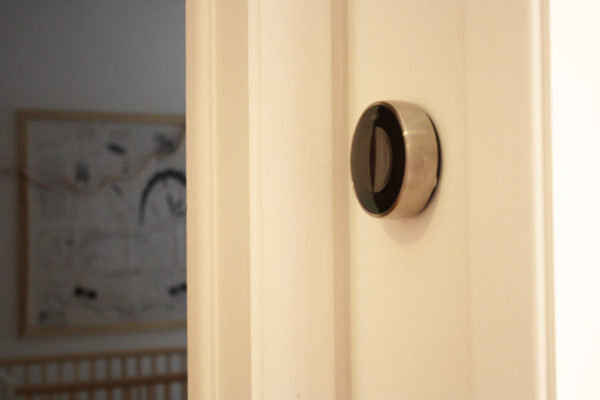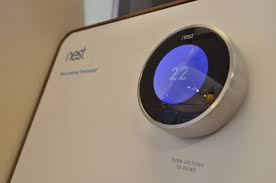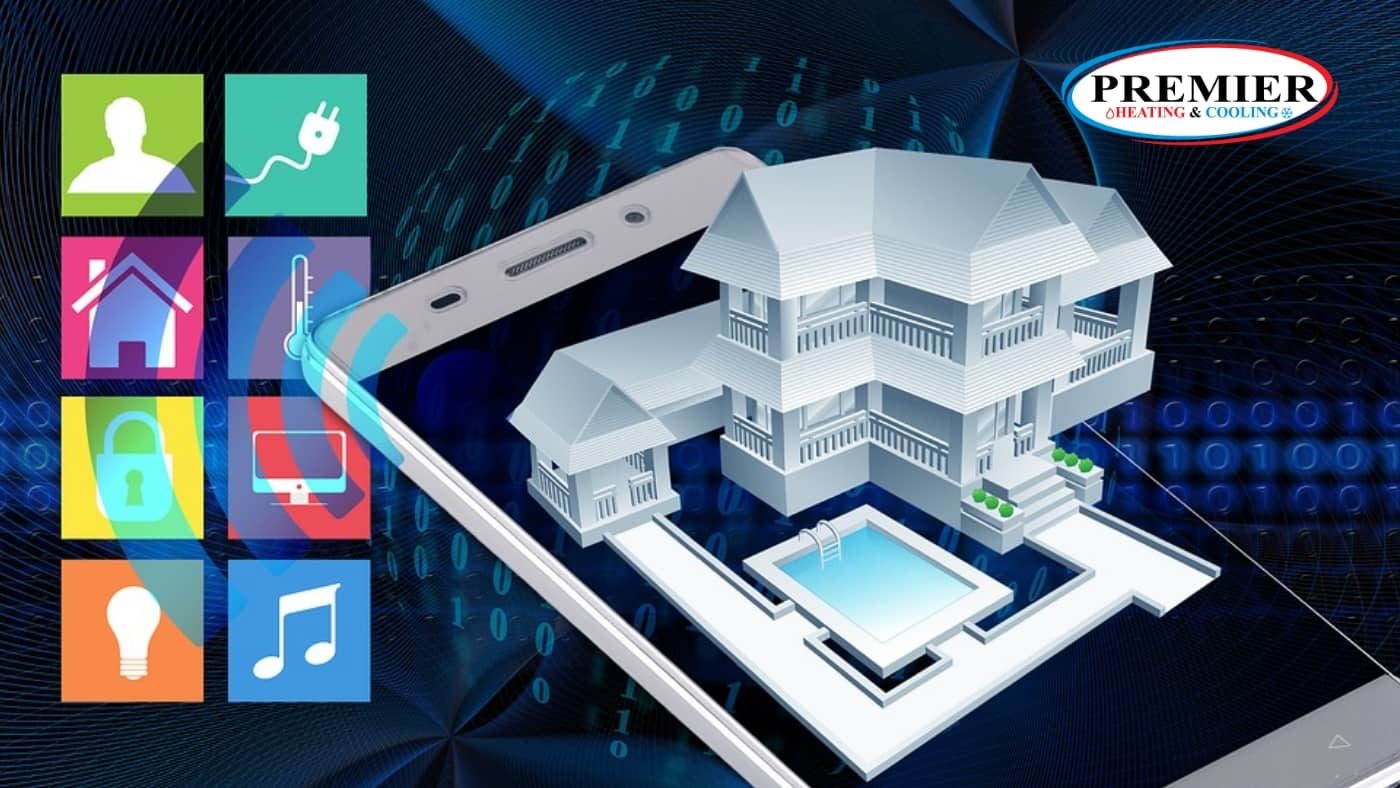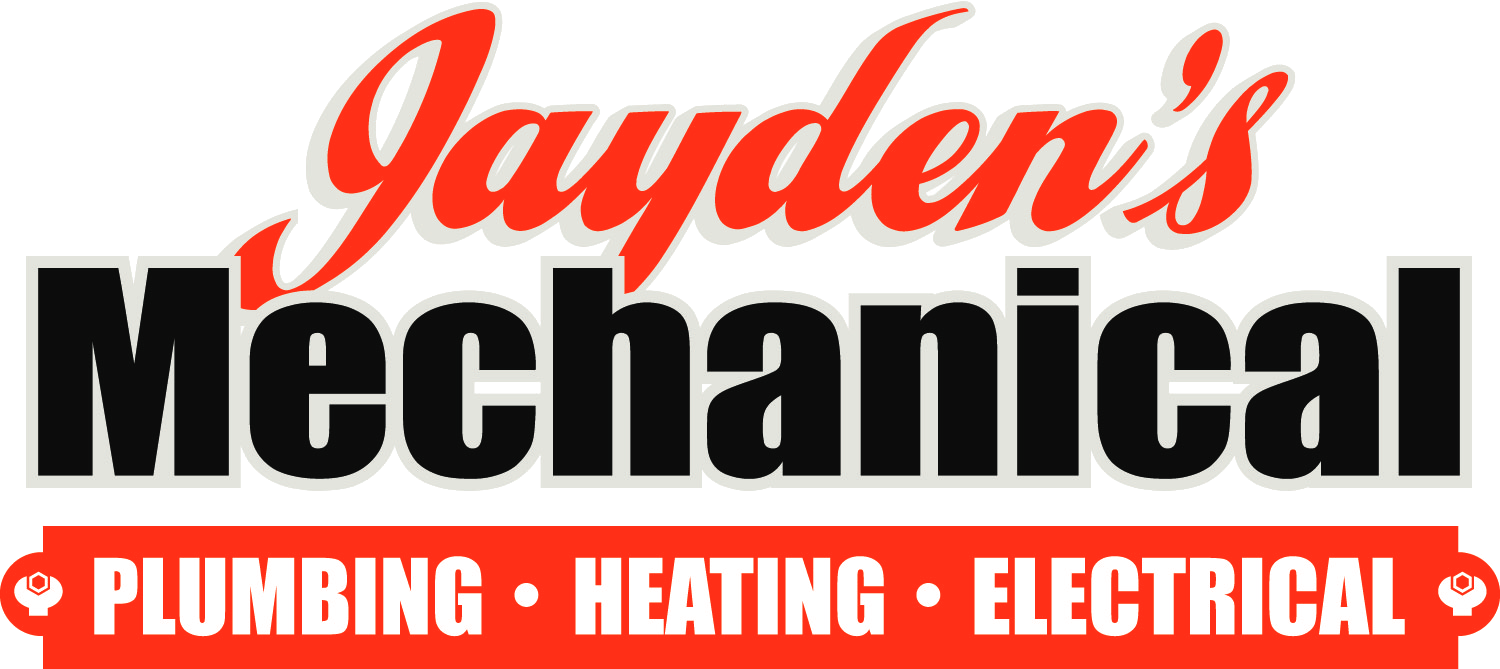Tips, HVAC repairs
Should Businesses Invest In Smart HVAC Solutions?
You may have heard of “smart buildings”: large structures that have all of their systems automatized through Internet connectivity and programming. It sounds pretty futuristic, and many smart systems promise convenience and energy savings as the end result of changing over. But is investing in smart HVAC solutions worth the initial expense for businesses?
What Is Smart HVAC?
 The components of heating and cooling have been around since the 1800s, with the concepts behind them going back much longer. Efforts to improve them have all been around efficiency and convenience and the most recent trend in “improving” HVAC has been to add the Internet and make the systems more intuitive.
The components of heating and cooling have been around since the 1800s, with the concepts behind them going back much longer. Efforts to improve them have all been around efficiency and convenience and the most recent trend in “improving” HVAC has been to add the Internet and make the systems more intuitive.
Smart HVAC systems are often installed in new buildings by allowing the individual HVAC components to access the Internet, a phenomenon called the “Internet of Things”. This means that Internet connectivity is extended into typically “dumb” physical devices and control systems like thermostats as a way of heading off many of potential “problems” traditional heating and cooling systems face, like:
- Energy Waste: Building owners and businesses waste a lot of money just using inefficient HVAC systems.
- Convenience: Smart HVAC systems can be “taught”, or even take conditions into consideration to “learn” how much heat or air to bring to each individual part of the building. This will stop time wastage in constantly playing with the heat or air conditioning.
- Maintenance: Smart sensors can monitor externalities and the interior functionality of the system to let it maintain efficiency and note any potential problems.
Adding Smart Systems To Existing Buildings
 It’s much easier to add a smart system to a completely new building than to retrofit an older one. Updating an existing HVAC system can be costly because of the amount of equipment necessary and the length of the process. You have to start by identifying the outdated equipment because older systems won’t be as energy efficient as modern models. This requires the careful creation of a detailed inventory of the equipment used in your HVAC system that can be compared to similar new models.
It’s much easier to add a smart system to a completely new building than to retrofit an older one. Updating an existing HVAC system can be costly because of the amount of equipment necessary and the length of the process. You have to start by identifying the outdated equipment because older systems won’t be as energy efficient as modern models. This requires the careful creation of a detailed inventory of the equipment used in your HVAC system that can be compared to similar new models.
This inventory is followed by a professional energy audit. The audit will help you understand whether or not you have an energy problem, and give you a good idea of how much energy and money you will save once the improvements are made. An energy audit should only be performed by a licensed professional, but sensor technology in even “dumb” HVAC systems can help make the information gathering much easier. With this technology, the auditor should be able to find out the temperature, humidity, and airflow, in each room more quickly than by a manual process.
Once you have the information at your disposal, you have to choose the elements that need improvement. This can vary a lot from based on the type of building, and a custom audit will give you an accurate picture. A business should never invest in a new system based on the information of another building.
Should You Invest In A Smart HVAC System?
The decision to invest all depends on a number of factors: building size, budget, the efficiency of the current system, and whether or not you’d save enough money in the long run. You can definitely have an energy audit performed and not commit to the overhaul of your HVAC system; in fact, you probably should. But if you’re able to control the system, and you keep your HVAC system in great shape through regular servicing, retrofitting an older building with a smart system isn’t necessary. Contact us to learn more!


